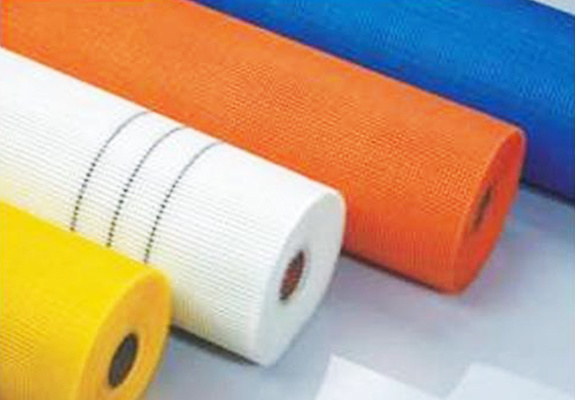The Benefits of Fiberglass Mesh in the Textile Industry
Fiberglass mesh is a crucial component in the textile industry, particularly in the production of various chemical fibers. As a versatile and durable material, fiberglass mesh offers numerous benefits that contribute to the overall quality and efficiency of textile manufacturing processes. In this article, we will explore the advantages of using fiberglass mesh in the textile industry and its impa
Fiberglass mesh is a crucial component in the textile industry, particularly in the production of various chemical fibers. As a versatile and durable material, fiberglass mesh offers numerous benefits that contribute to the overall quality and efficiency of textile manufacturing processes. In this article, we will explore the advantages of using fiberglass mesh in the textile industry and its impact on the production of chemical fibers.
Fiberglass mesh serves as a reinforcement material, providing enhanced strength and stability to chemical fibers. When incorporated into the manufacturing process, it reinforces the overall structure of the fibers, making them more resistant to tearing, stretching, and other forms of mechanical stress. This ensures that the final products have improved durability and longevity.
2. Dimensional Stability:
Maintaining the dimensional stability of chemical fibers is crucial in the textile industry. Fiberglass mesh helps to prevent shrinkage or expansion of fibers due to environmental factors such as temperature and humidity changes. By stabilizing the fibers' dimensions, it ensures that the final textile products retain their original shape, even after exposure to varying conditions.
3. Improved Surface Finish:
The use of fiberglass mesh in the production of chemical fibers contributes to achieving a smoother and more uniform surface finish. The mesh acts as a support structure during the manufacturing process, preventing irregularities and inconsistencies in the fibers' texture. As a result, the end products exhibit superior aesthetics, making them more appealing to consumers.
4. Enhanced Chemical Resistance:
Chemical fibers undergo various chemical treatments during manufacturing to achieve desired properties. Fiberglass mesh offers excellent chemical resistance, protecting the fibers from potential damage caused by these treatments. It helps to maintain the integrity and performance of the fibers, ensuring that they can withstand exposure to chemicals without compromising their quality.
5. Efficient Production Process:
The integration of fiberglass mesh into the textile manufacturing process enhances efficiency and productivity. Its lightweight nature and ease of handling make it convenient to work with, reducing the time and effort required for production. Additionally, the consistent performance of the mesh minimizes production errors and waste, optimizing overall production output.
In conclusion, fiberglass mesh plays a significant role in the textile industry, especially in the production of chemical fibers. Its unique properties contribute to strengthening, stabilizing, and improving the dimensional stability of fibers, resulting in high-quality textile products. Additionally, the mesh enhances the surface finish, provides chemical resistance, and streamlines the production process. By utilizing fiberglass mesh, textile manufacturers can enhance the performance and durability of their chemical fiber products, meeting the demands of the market effectively.

评论
发表评论